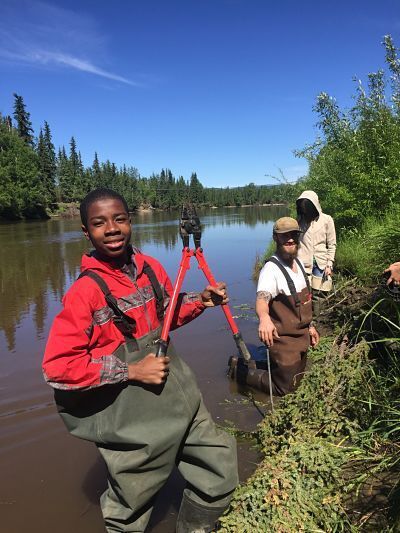

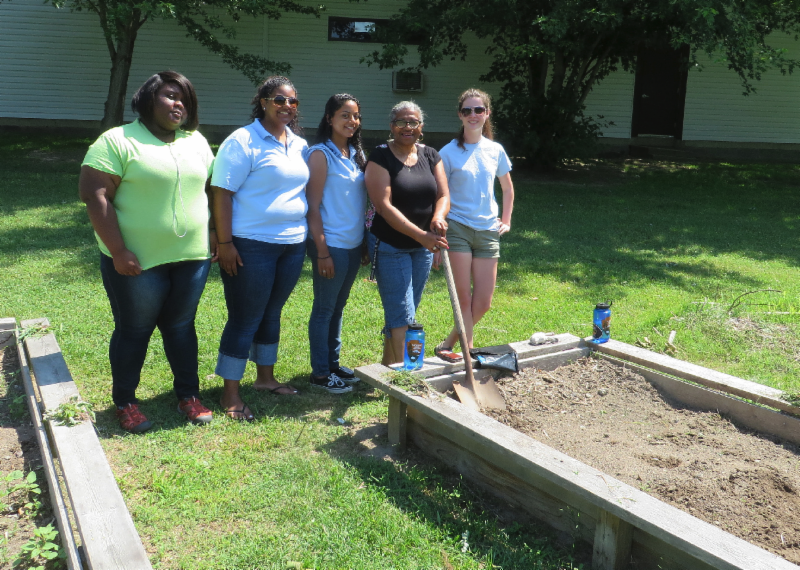

ECO-Action was founded in 1989 with the understanding that environmental problems that threaten the health and quality of life of many communities are symptoms of larger problems rooted in political and economic inequalities. To this end, ECO-Action teaches people how to get solutions to their problems through education on the issues, skills development, organization, and community action.
Community: Social Justice & Environment
We helped the Taylor County Environmental Task Force, an African-American led group which ECO-Action helped form, to restore the community’s voting rights. Our work on hazardous waste highlighted the community’s lack of representation in local (city) governance. Working in collaboration with the local NAACP and civil rights attorneys, ECO-Action helped citizens exercise their right to vote after being denied an election for 10 years. The group also succeeded in stopping the harmful waste proposal.
We worked with the Newtown Florist Club in Gainesville Georgia to transform complex chemical data into a useful educational instrument that identified and mapped toxic sites, and substantiated racially disparate toxic siting patterns. The model was used to educate citizens and public officials, in conducting toxic tours and as evidence in a voting rights lawsuit. Their story is documented in the book, The Newtown Story: One Community’s Fight for Environmental Justice, is available for purchase through the Newtown Florist Club, Gainesville, GA.
From 1989-1993, we worked with communities in middle Georgia through the organizations, Citizens for Safe Progress and Friend of the Environment, to prevent the building of a 3,000-acre hazardous waste incineration and storage facility proposed by the state of Georgia. These groups successfully halted the state’s plan. After more than five years of struggle. ECO-Action was recognized for our work with community groups with the Georgia Environmental Council (1993) Special Achievement Award and the Common Cause of Georgia Citizenship Award. (1994)
The hazardous waste work with Taylor County and Talbot residents (see above) ultimately led to a legislative change preventing the Head of Department of Natural Resources from being the same person as the Head of the Environmental Protection Division. Up until our work with these groups, the same person presided over both departments, which presented a conflict of interest between regulating polluters and protecting natural resources.
Toxics Lotto was a campaign of the Grassroots Environmental Network, facilitated by ECO-Action, to bring attention in the governor’s race to the gambling that was going on in communities by placing unsafe facilities in them. A huge rally at the state capitol called for all candidates to address ending the toxic lottery in communities.
Groups comprising the Grassroots Environmental Network (organized by ECO-Action) successfully organized and advocated for regulations that would stop the state Environmental Protection Division from negotiating enforcement agreements in a secret process when companies are alleged to have broken the law. The regulations called for communities to be notified and have an opportunity to comment on the Consent Order (enforcement order) prior to it being finalized. The National Environmental Awards Council recognized this network of groups for four years, in 1992, 1995, 1996, and 1997.
Since 1989, we have assisted in organizing more than 140 community groups.



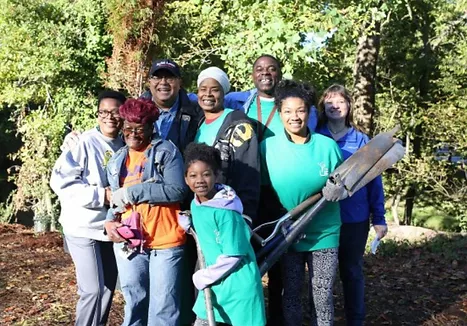
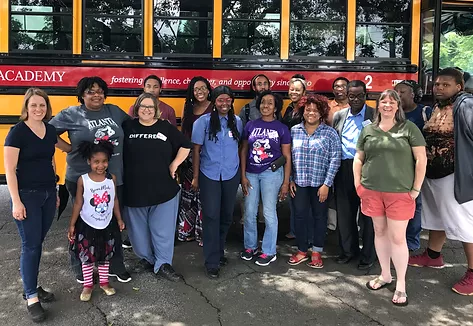
Eco-action is always fundraising to support the communities we serve. We are looking for funders and donors to match donations for 2022. We have a progressive plan to raise necessary resources to impact the communities we serve. We would love to partner with you, please click the donate button above for more information.
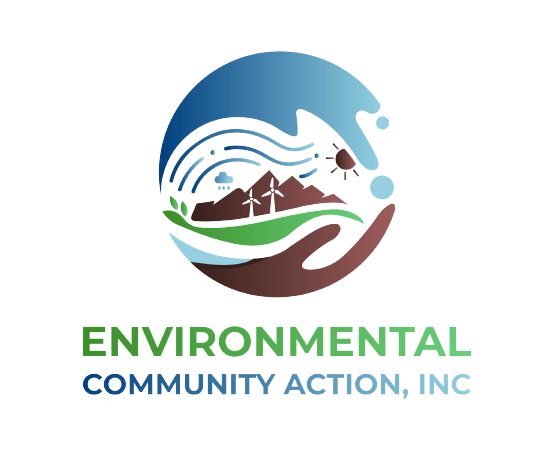
Copyright © 2024 ECO-Action. All Rights Reserved.